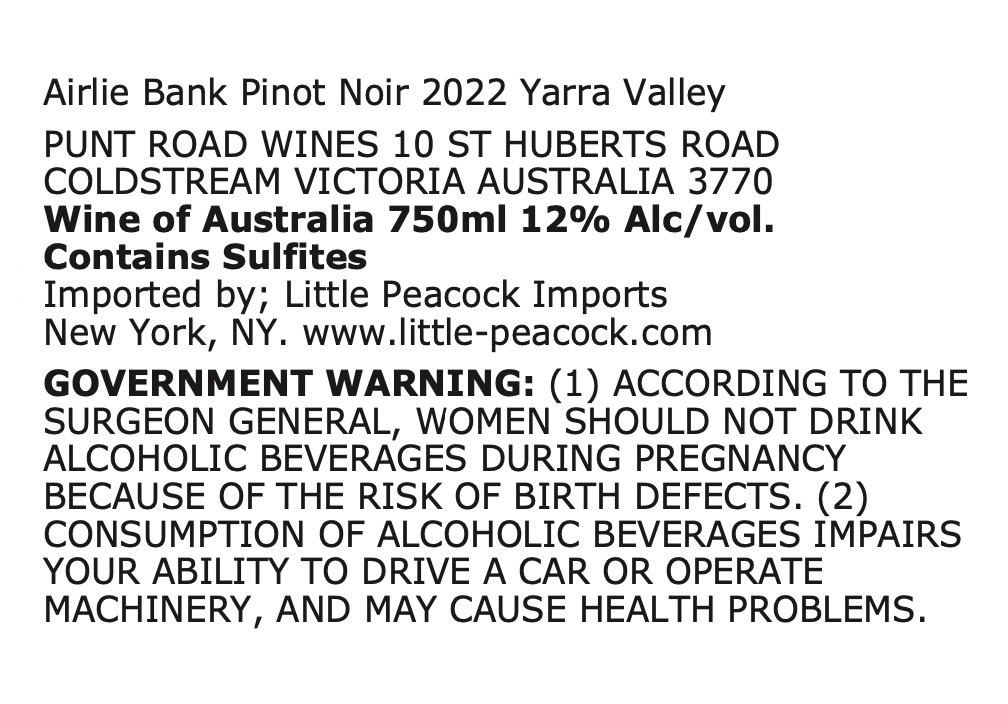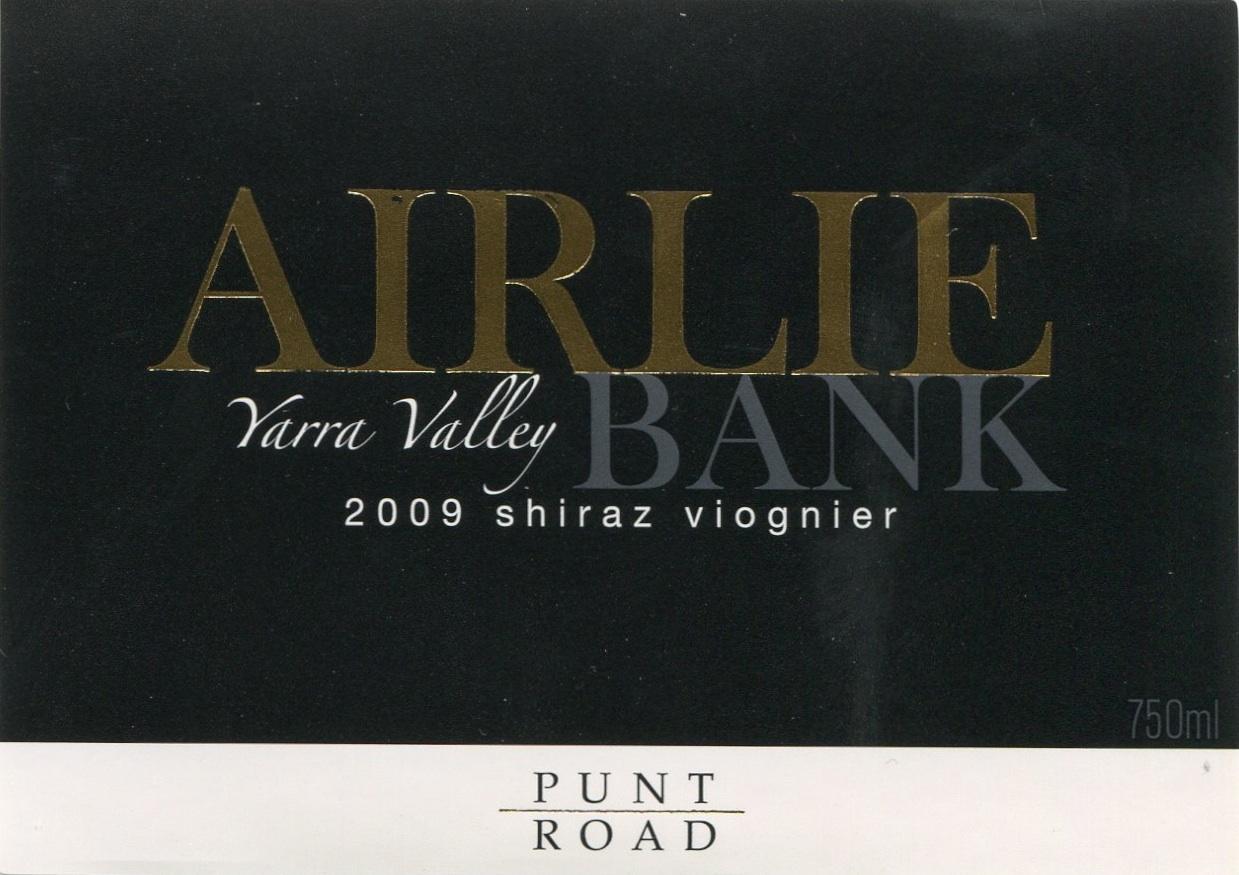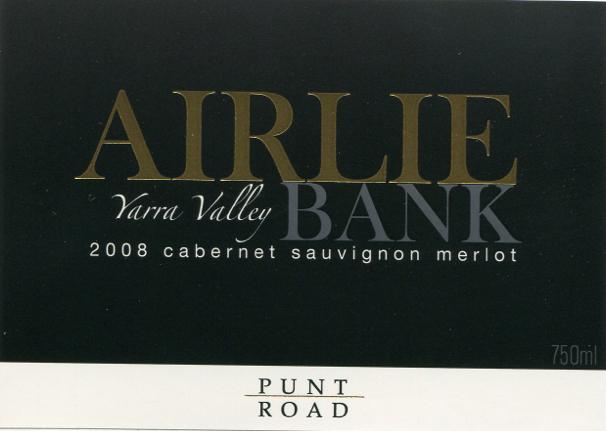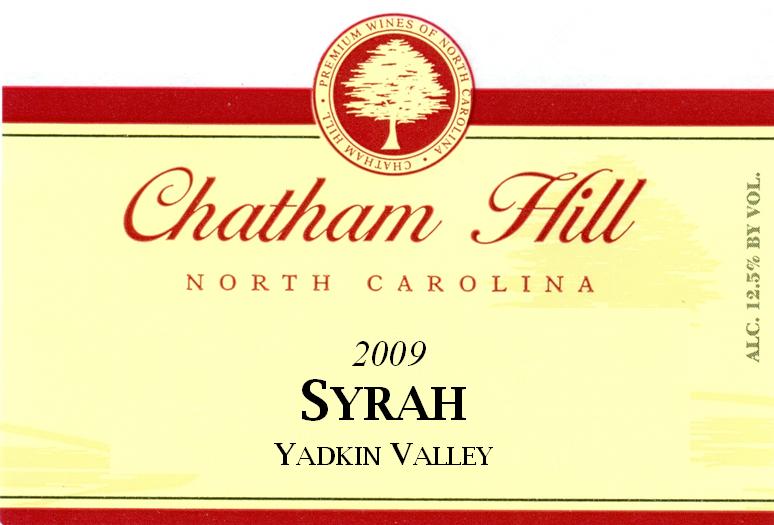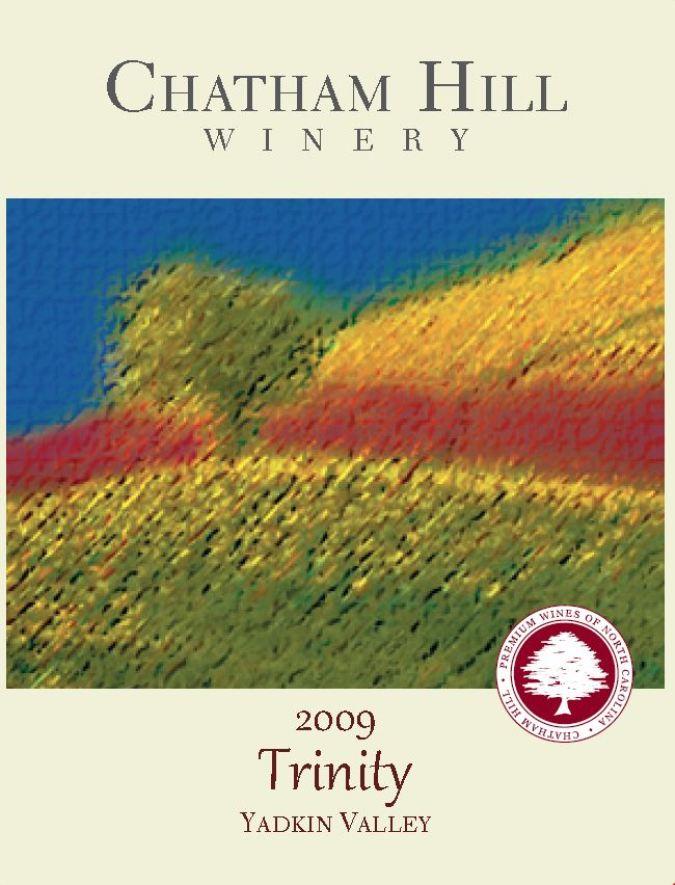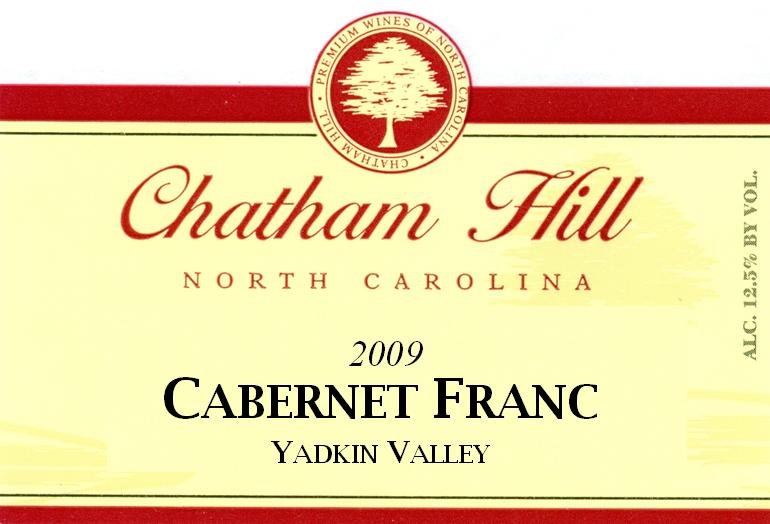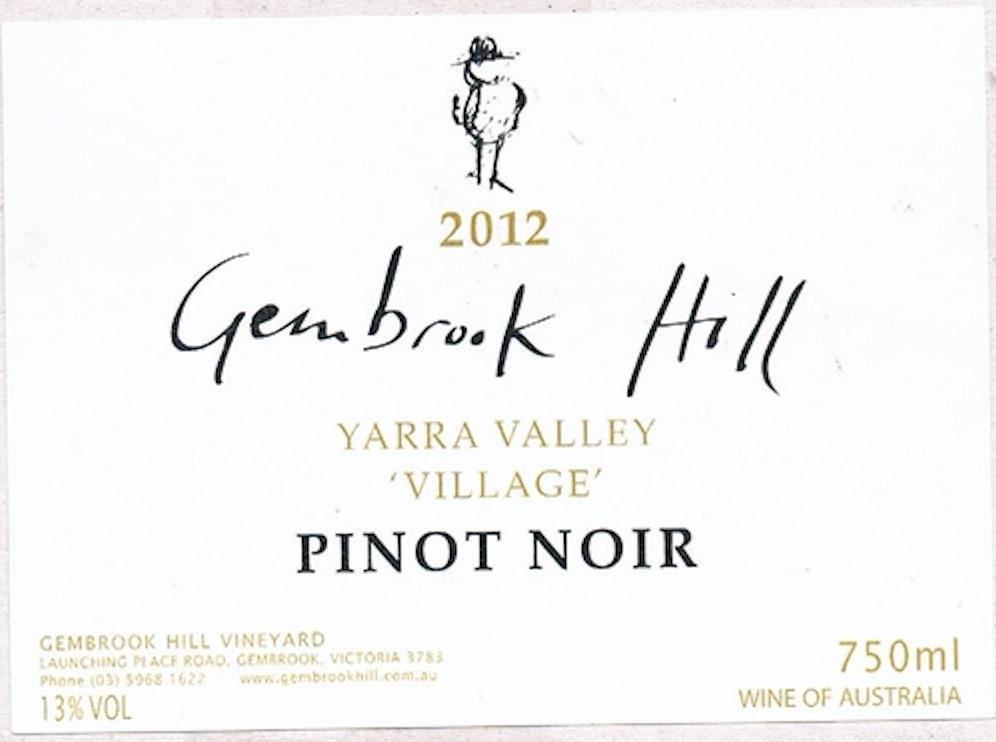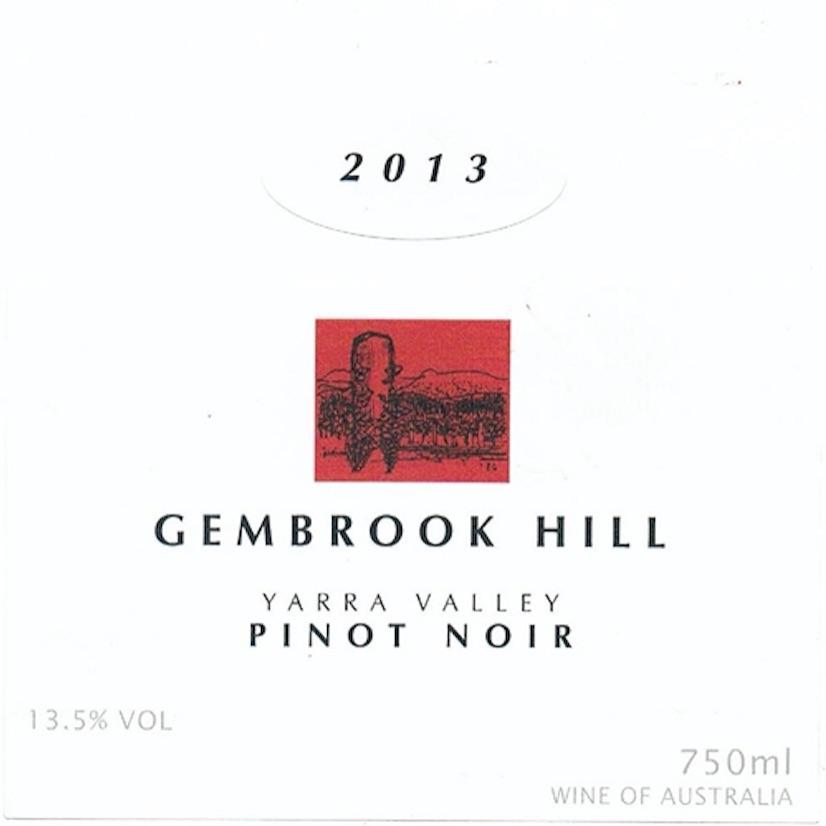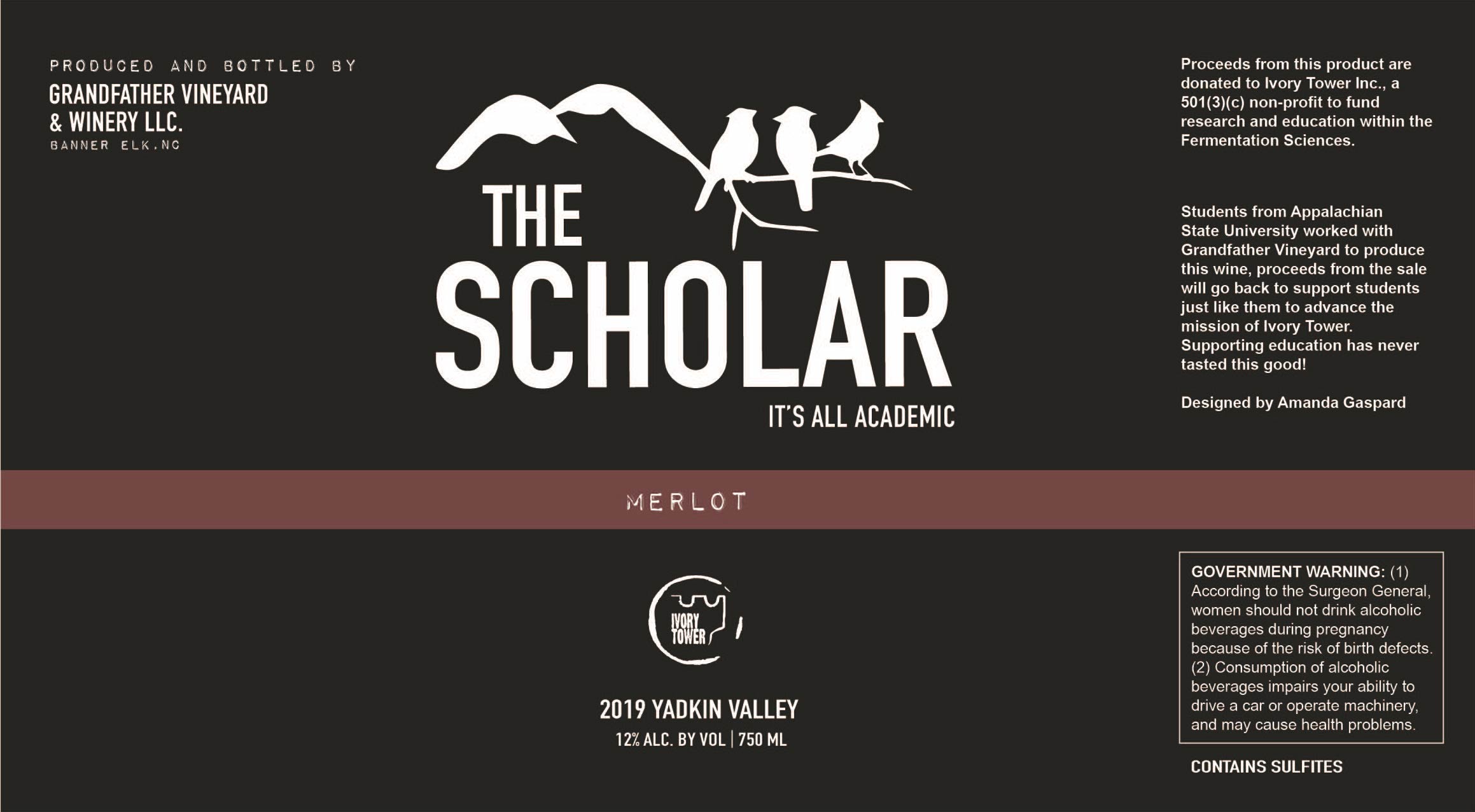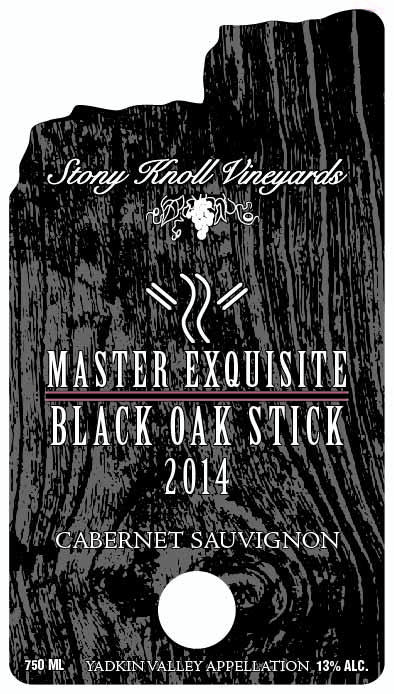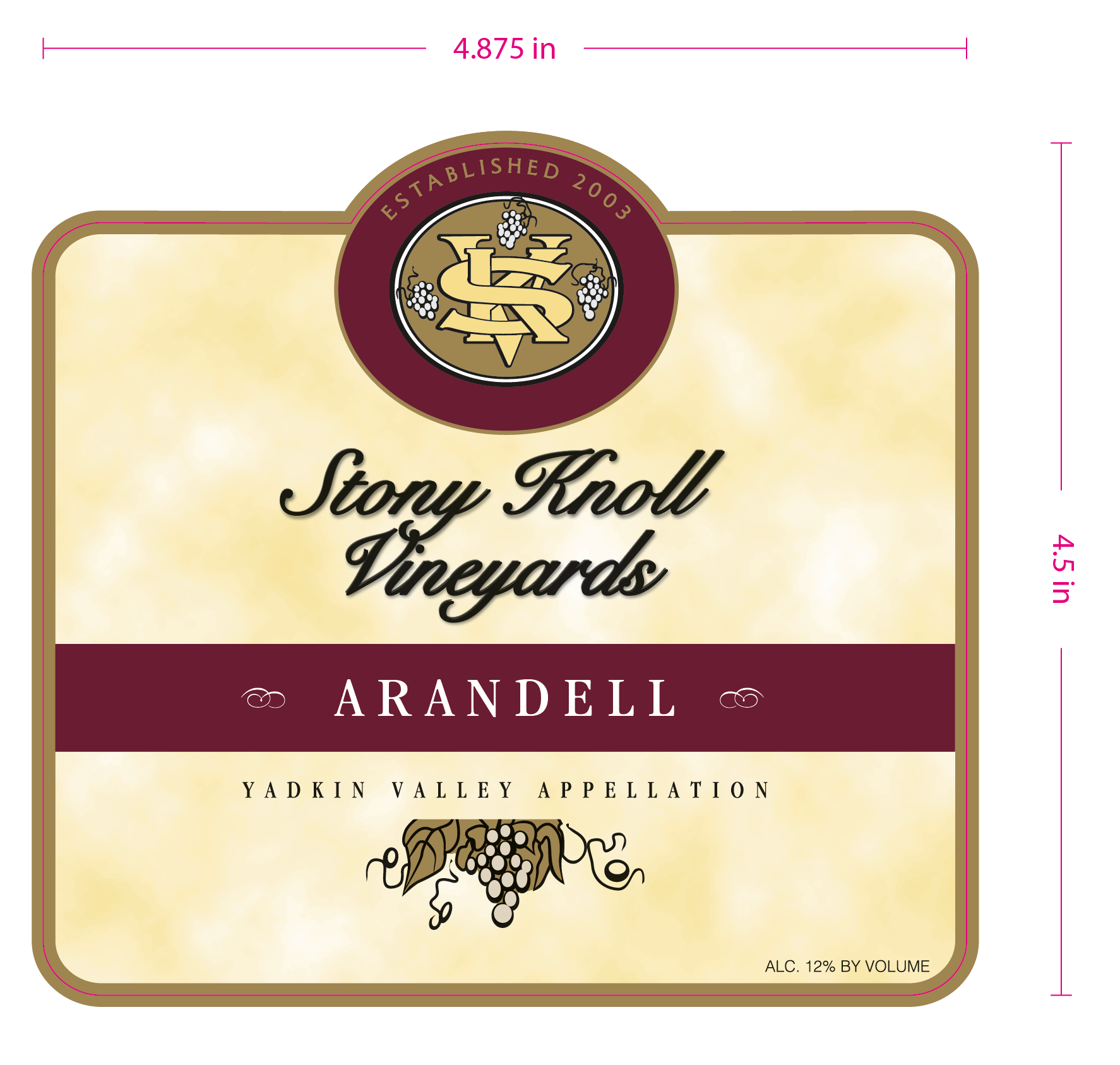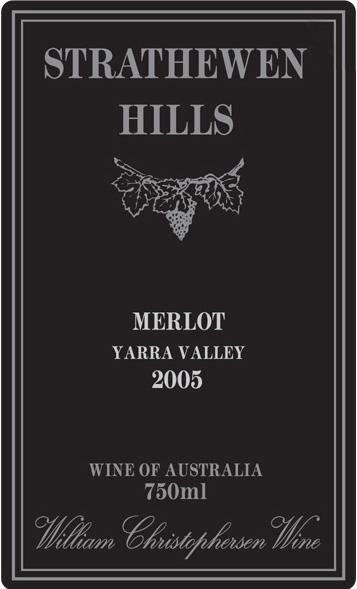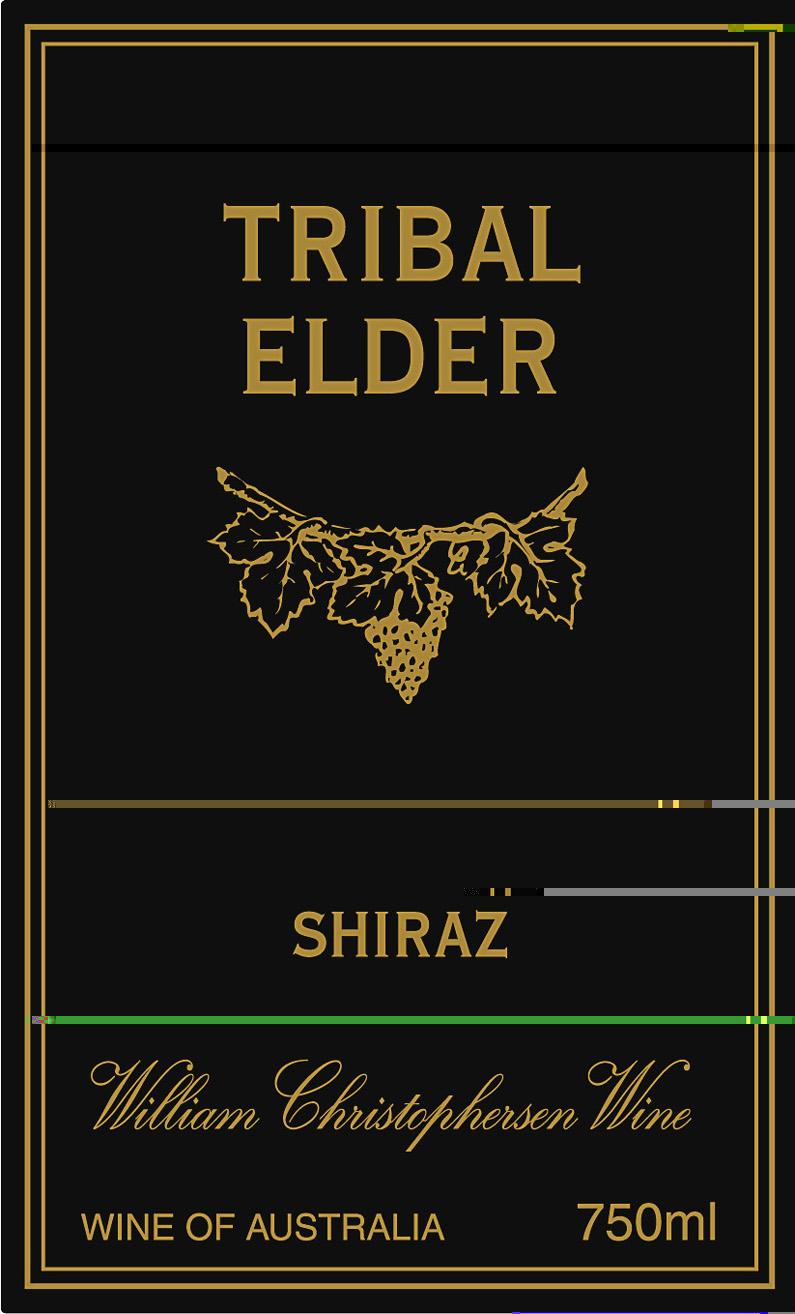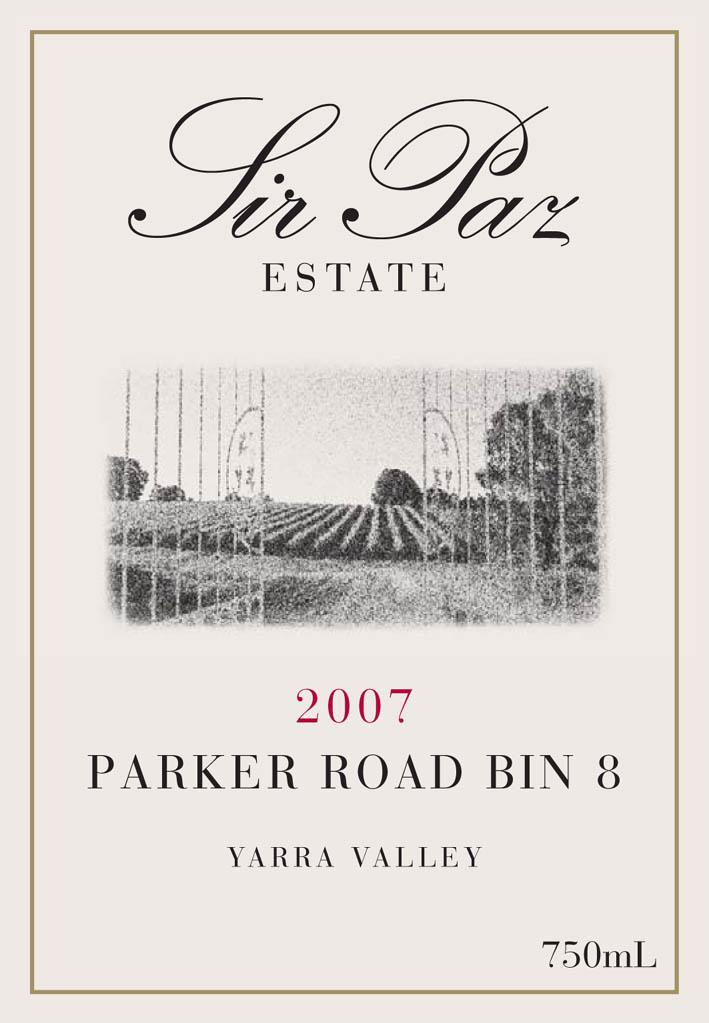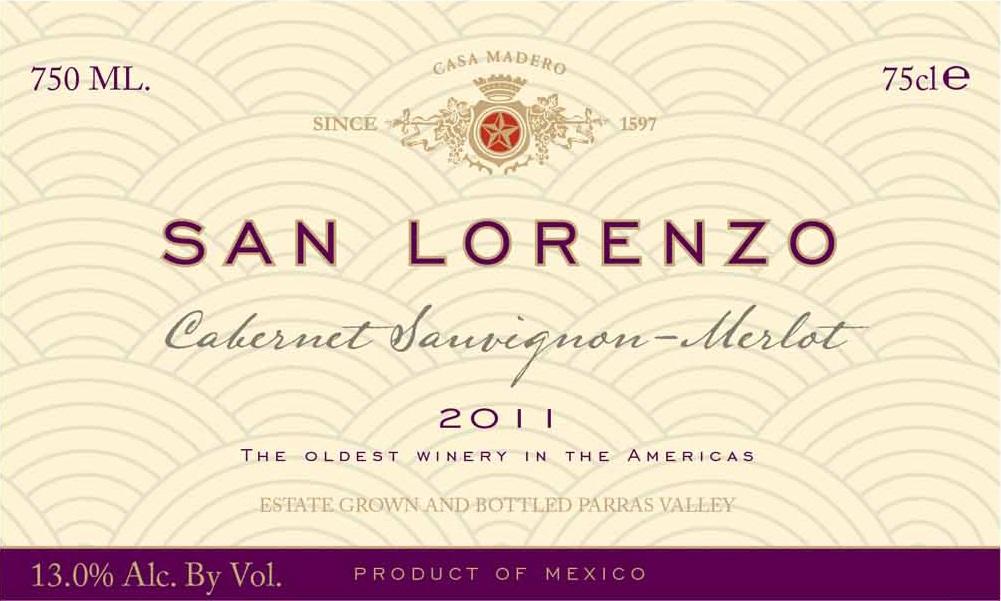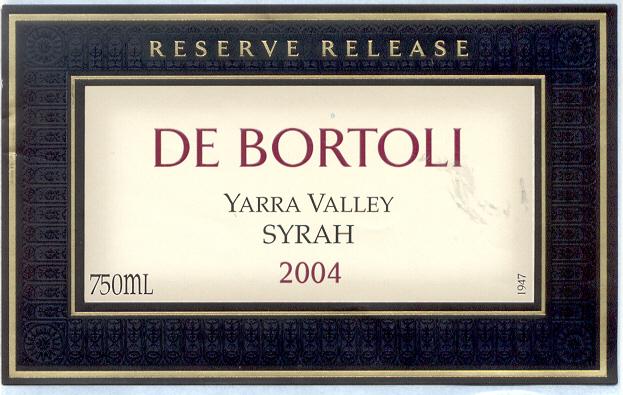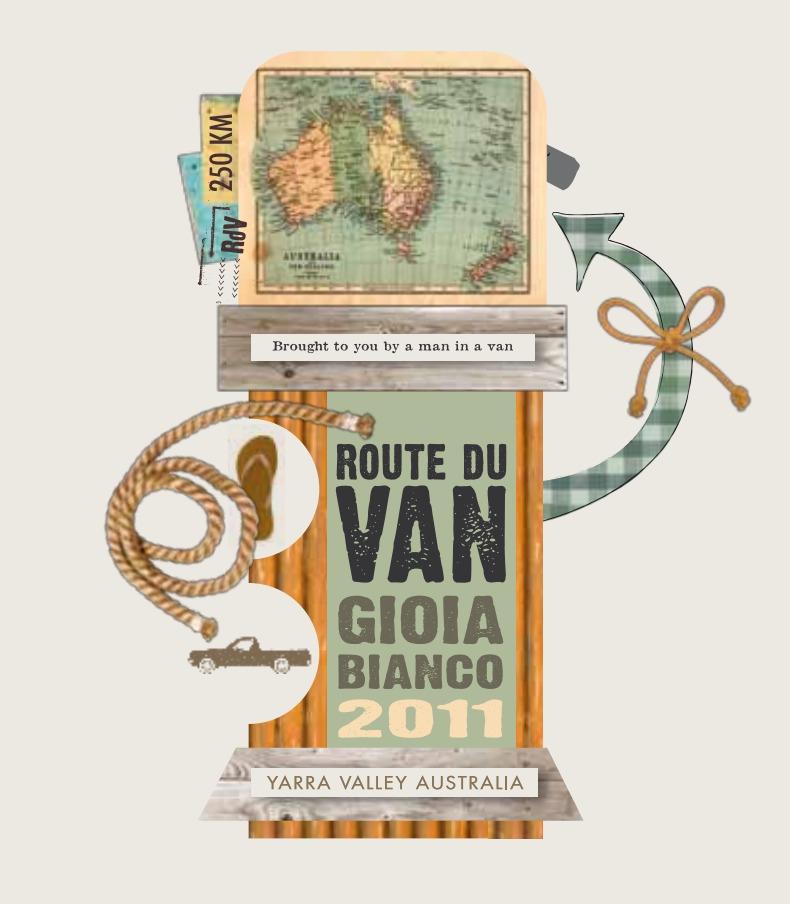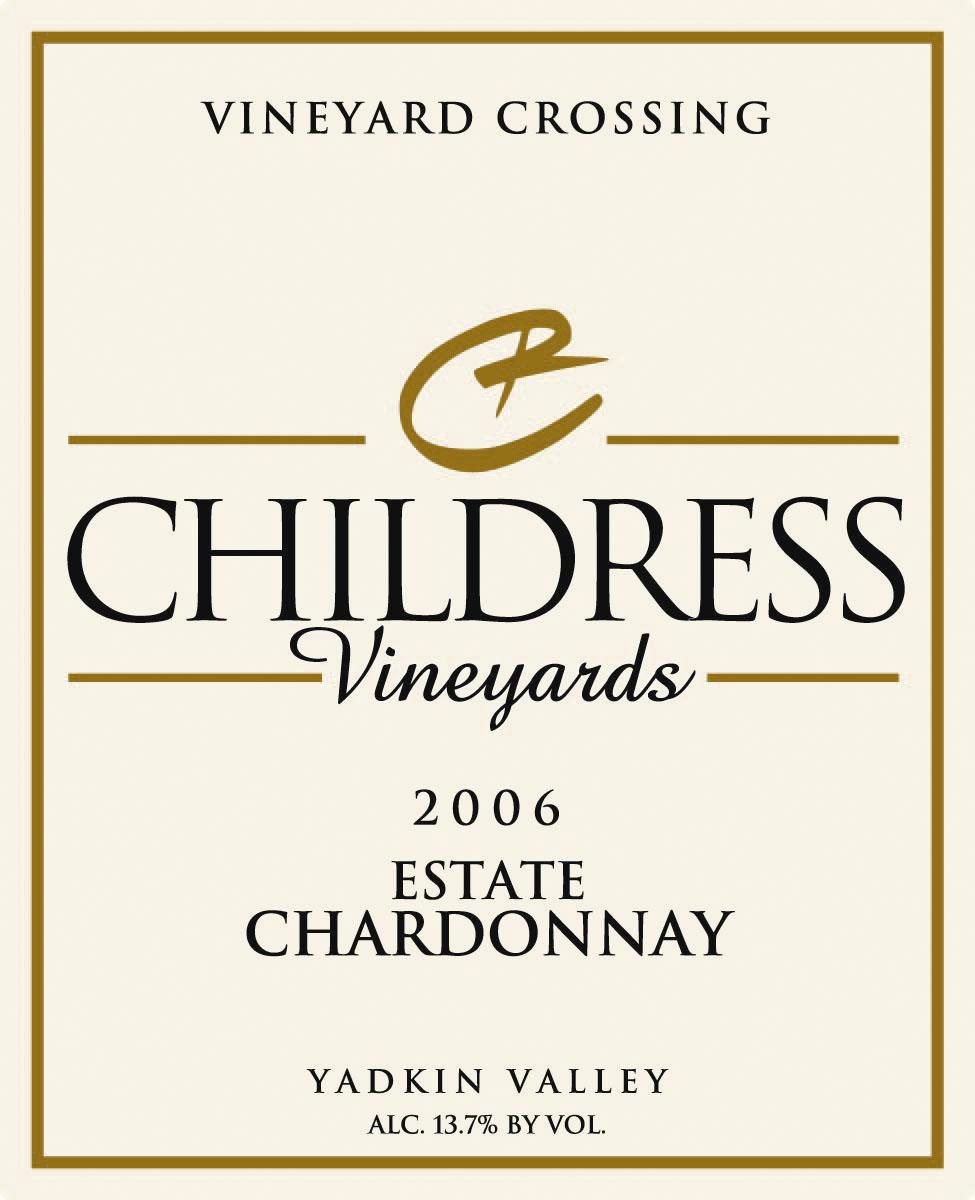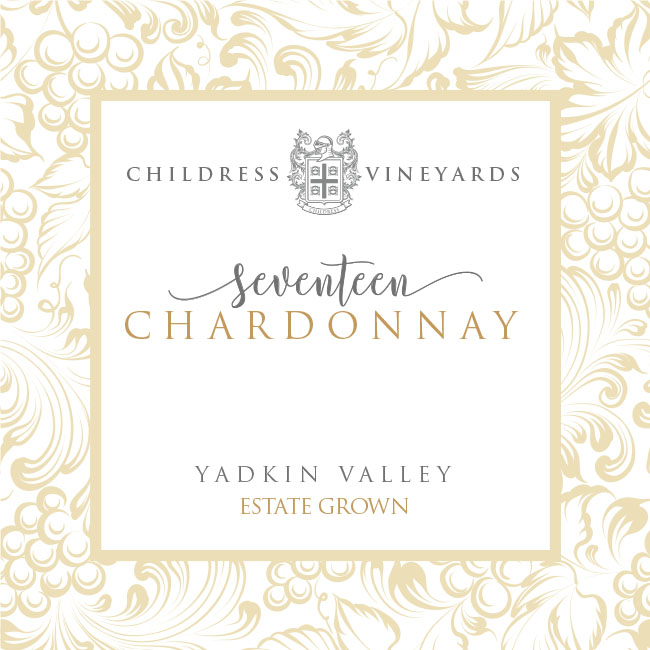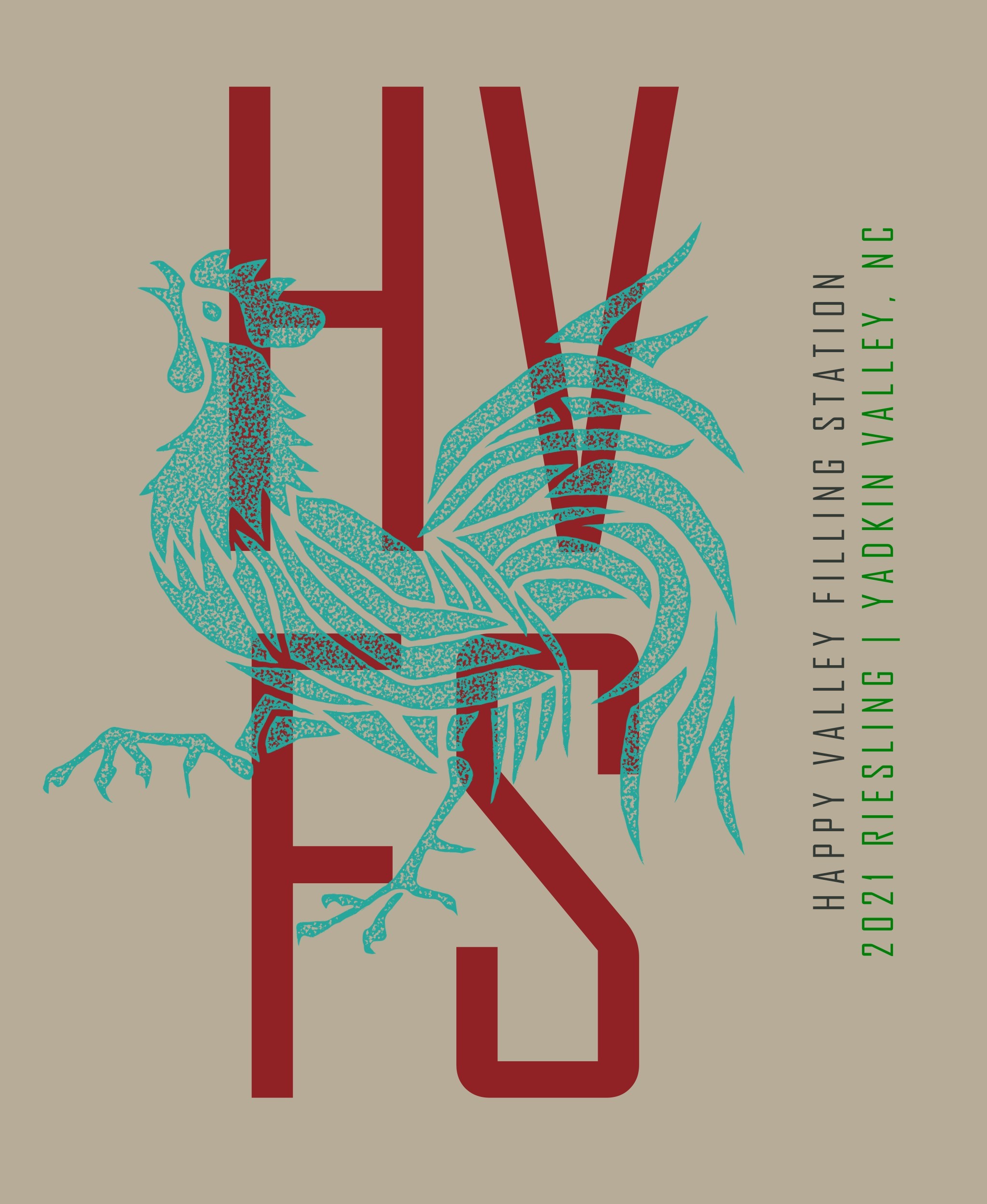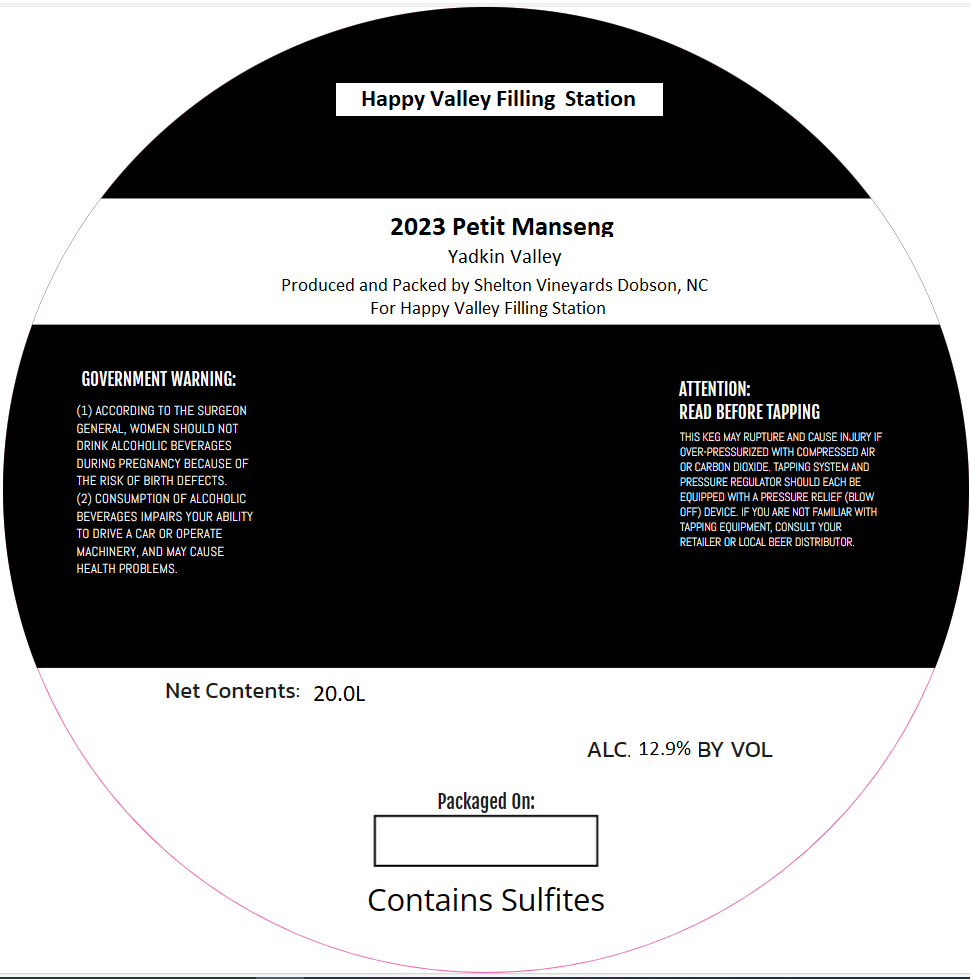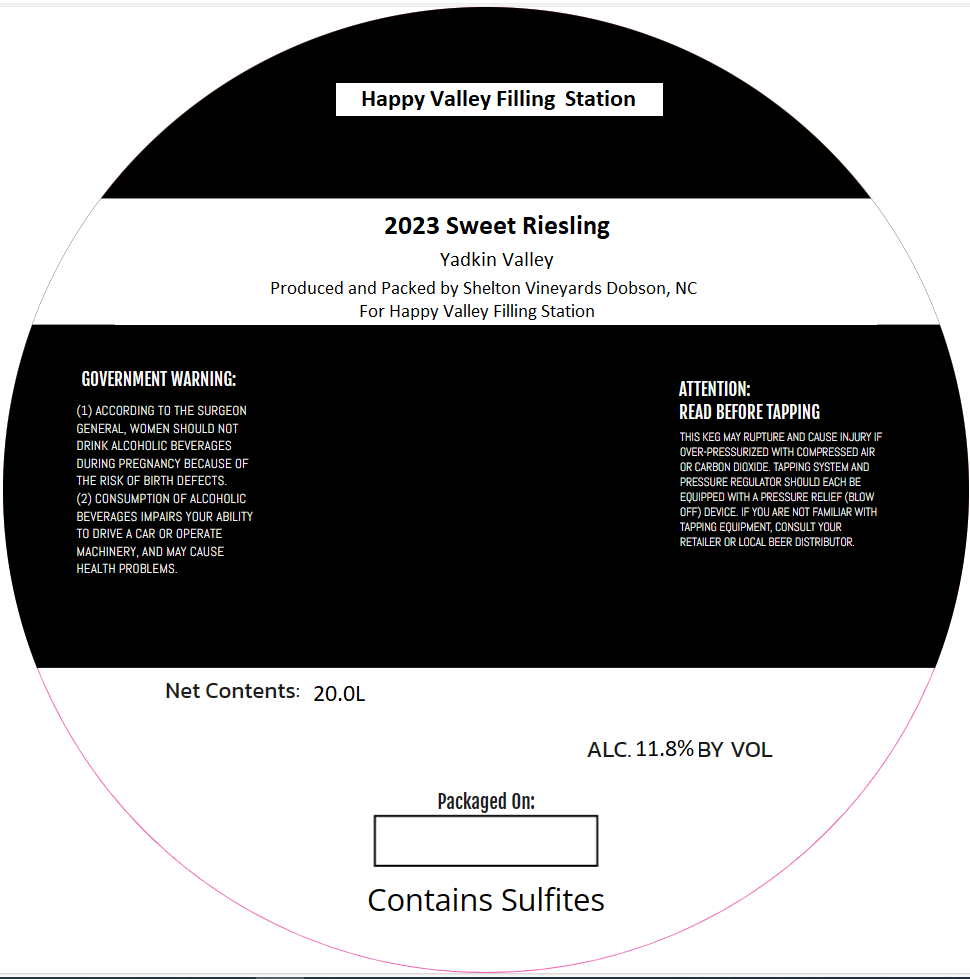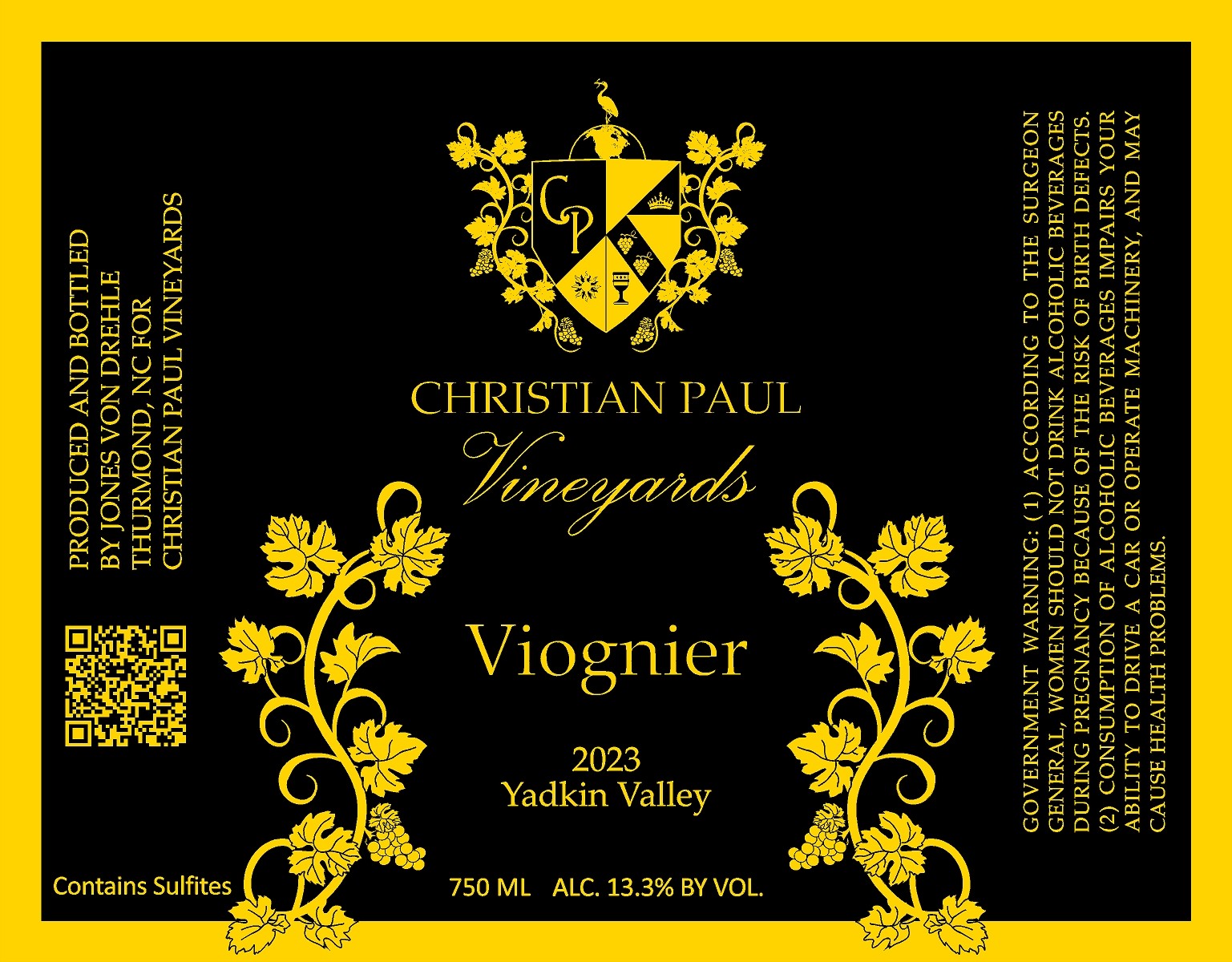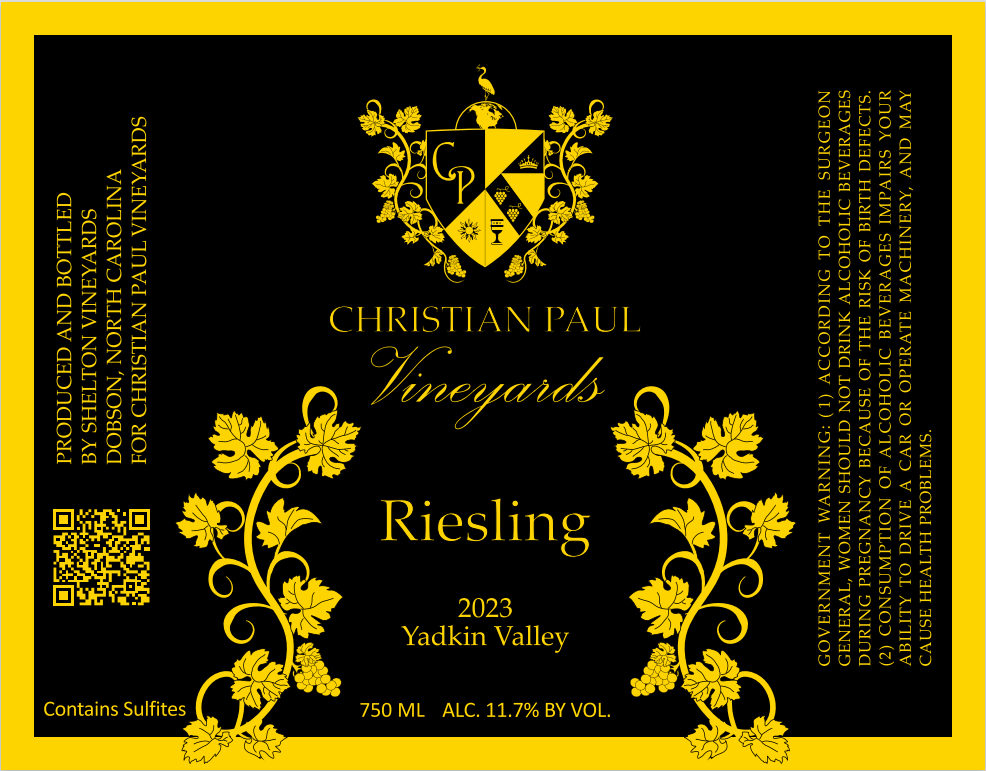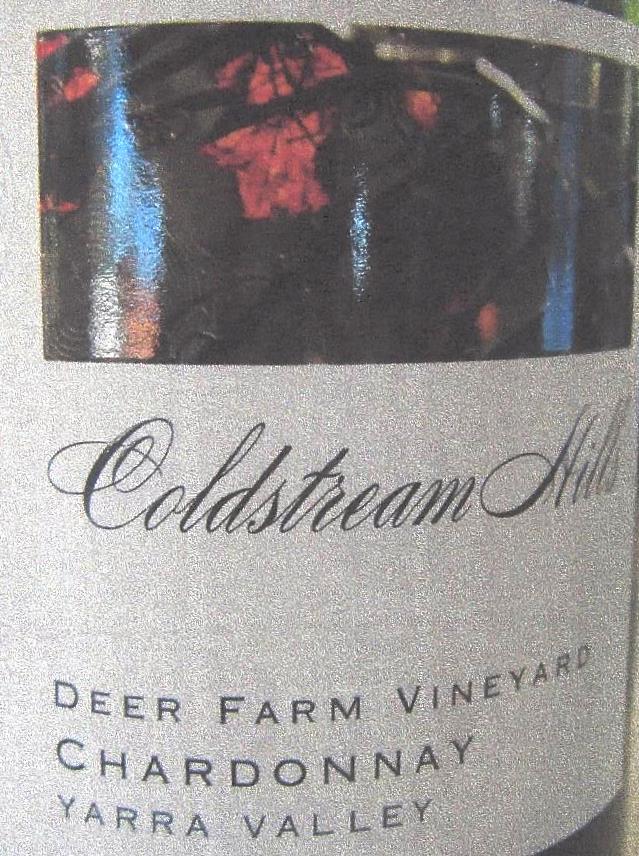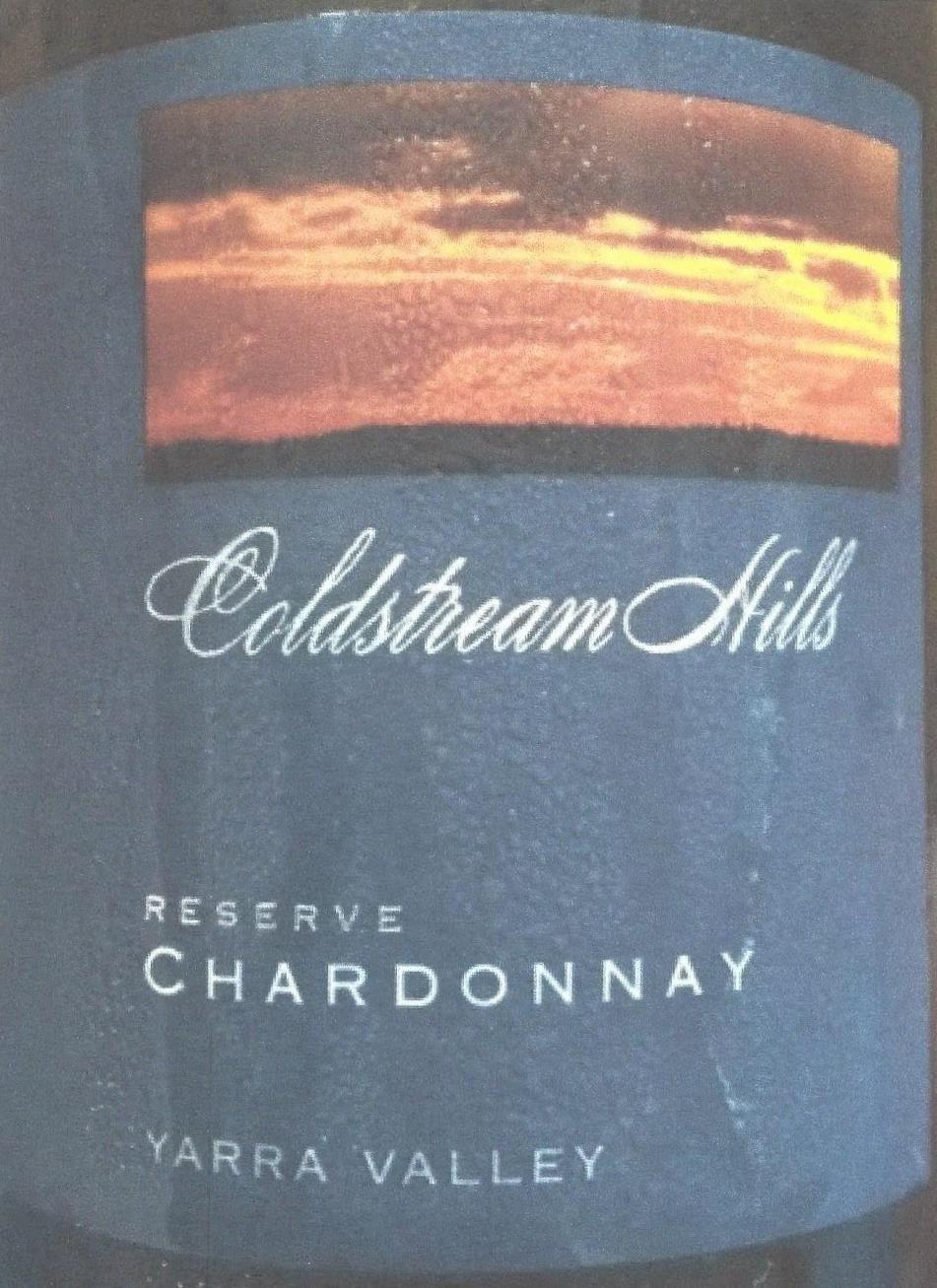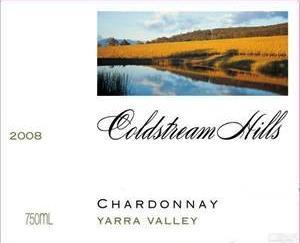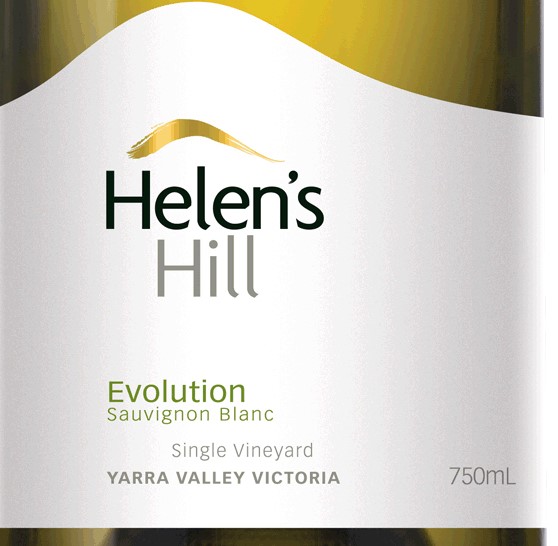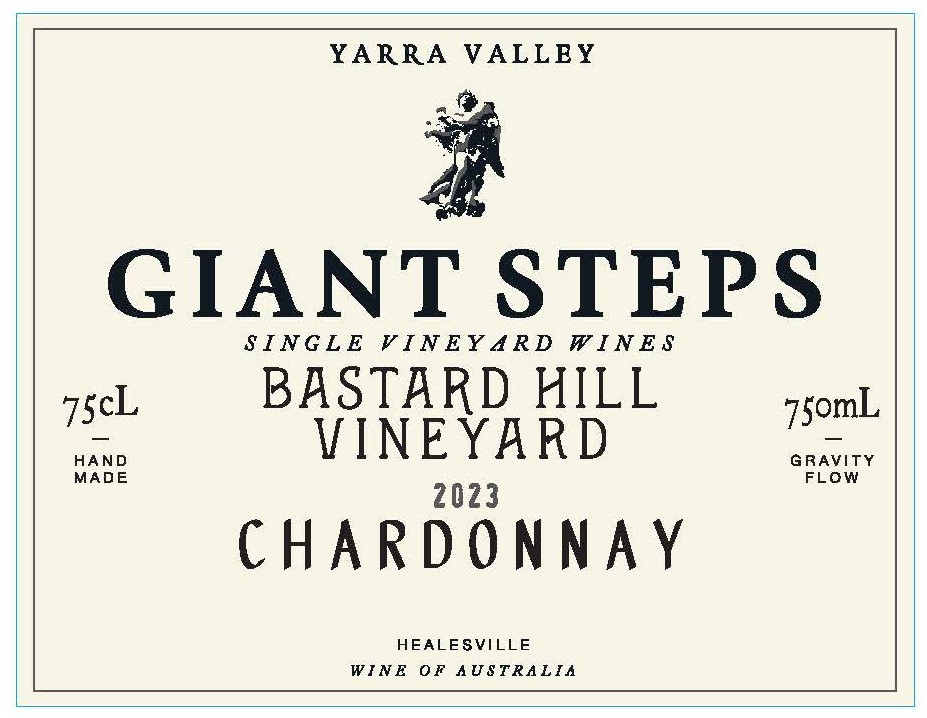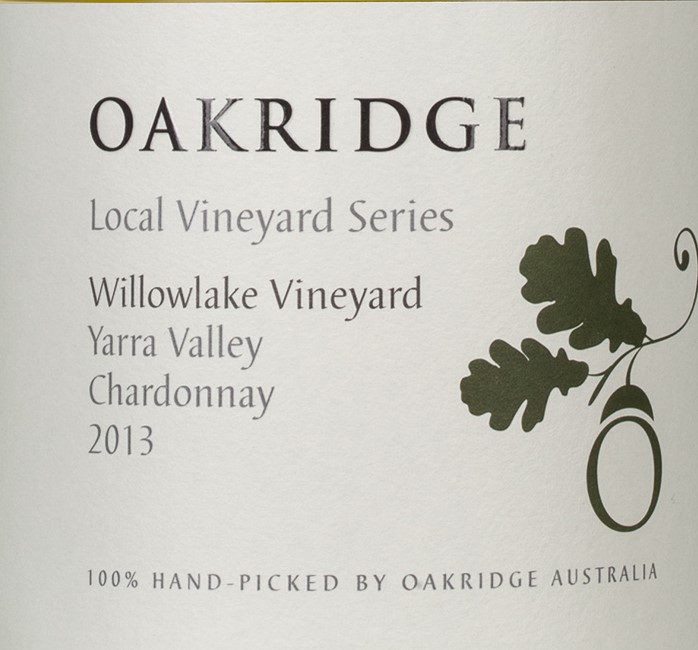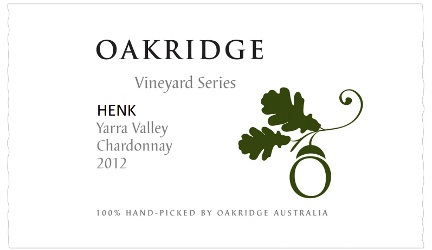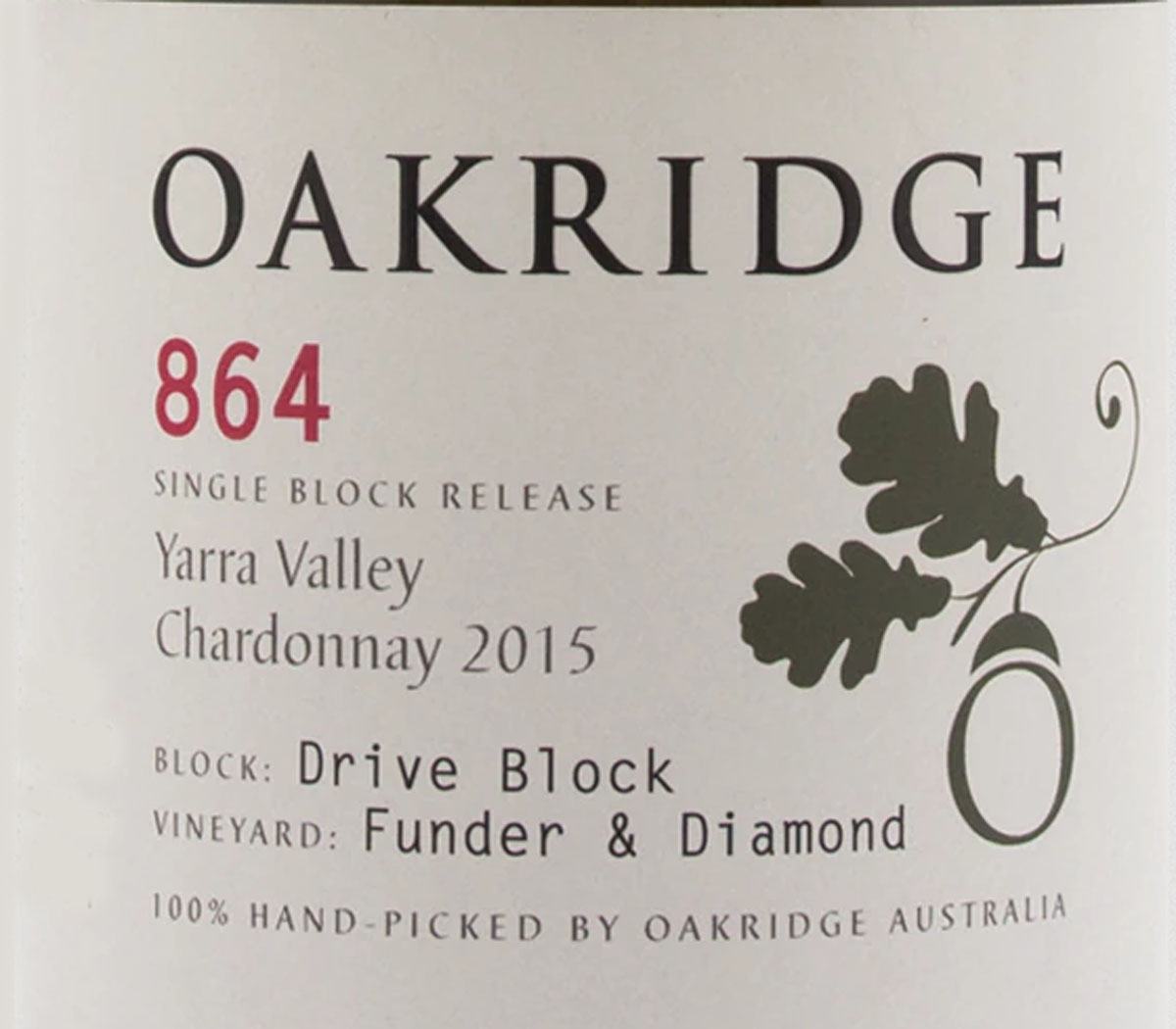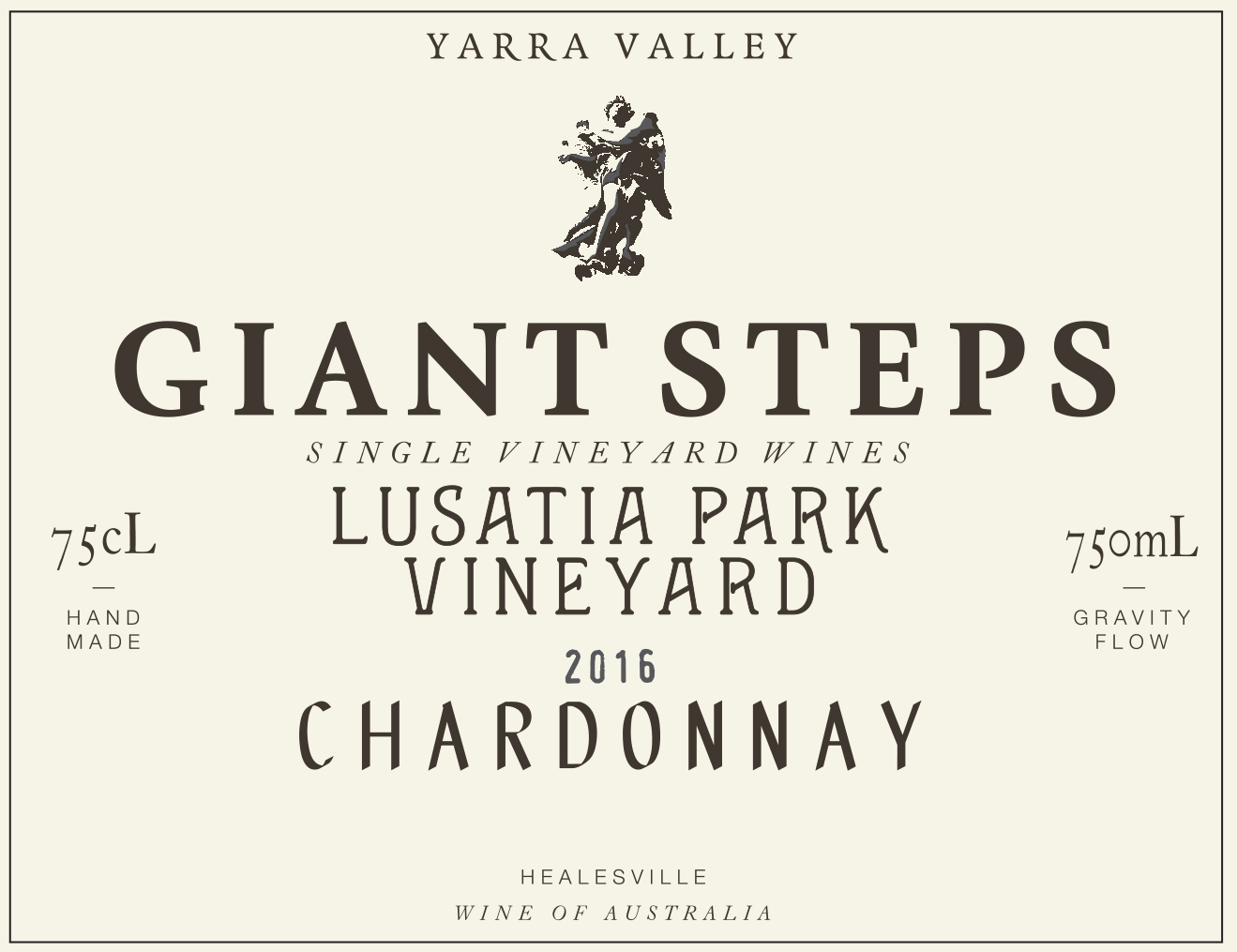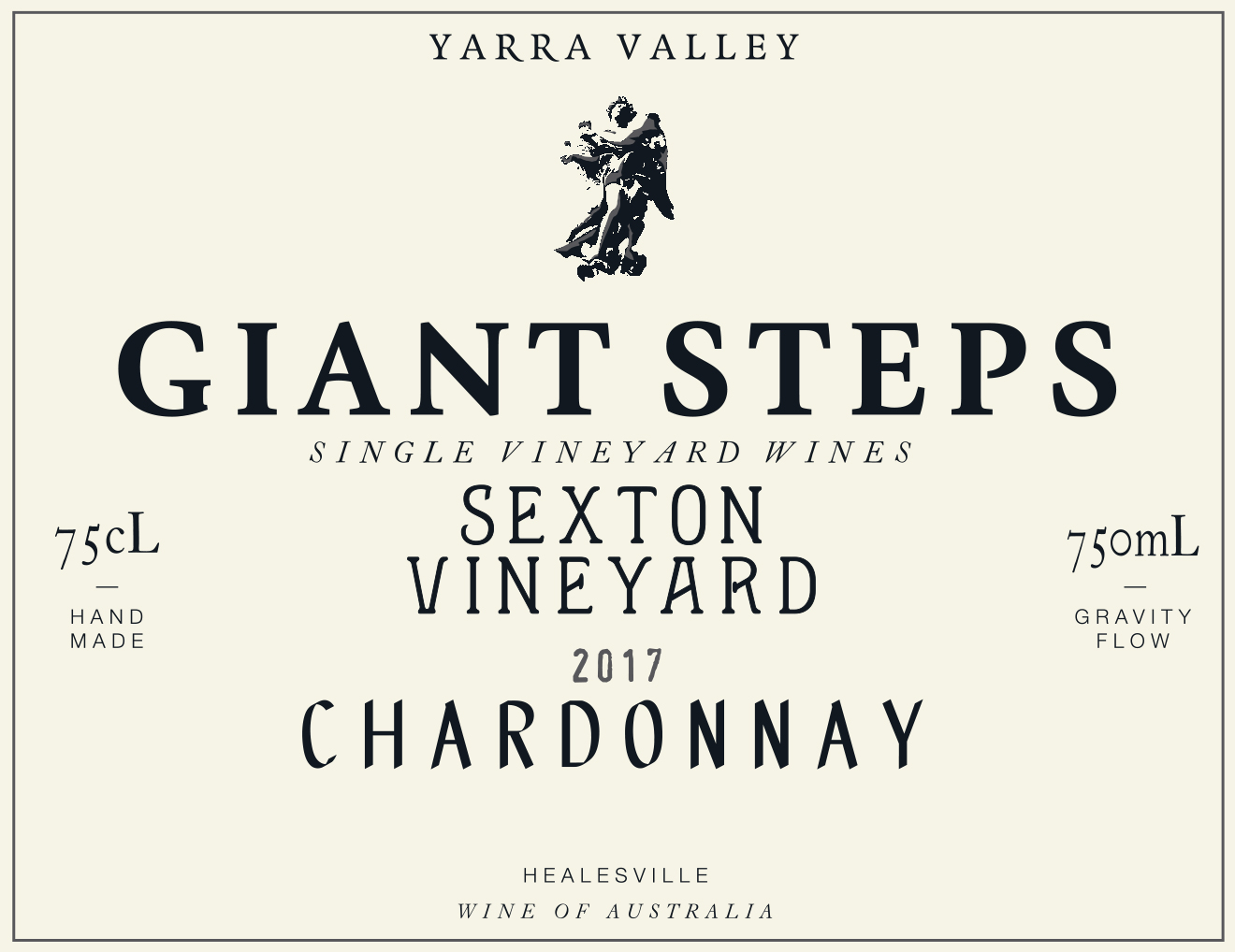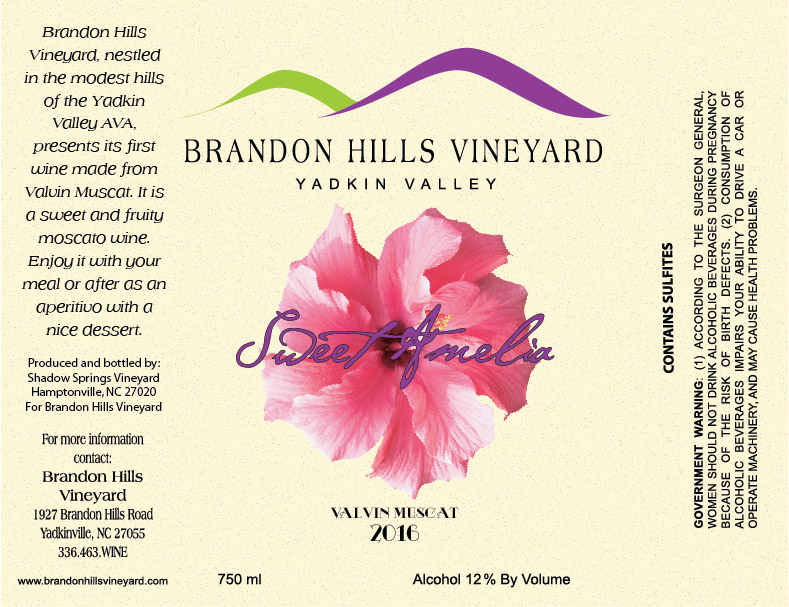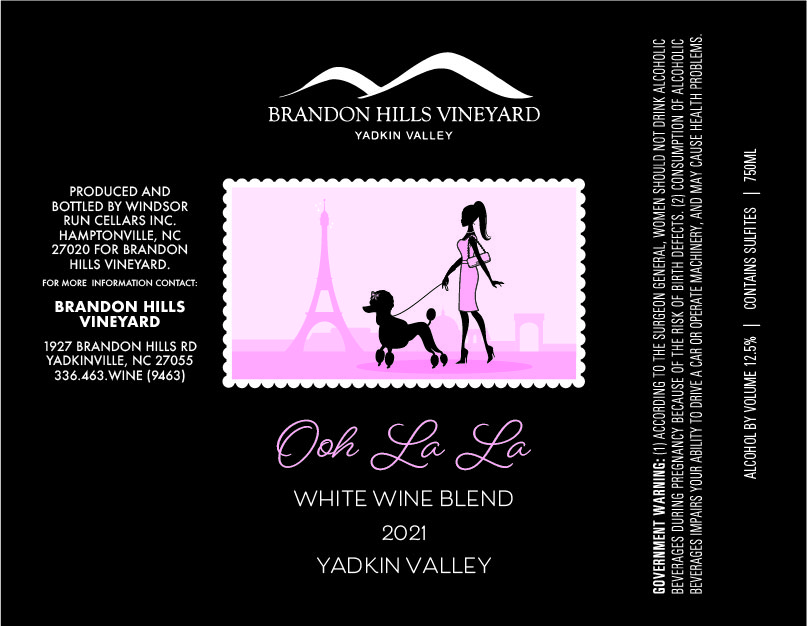Terroir of the Yarra Valley
The Yarra Valley's unique landscape is shaped by its varied soil types, such as sedimentary basins, granite outcrops, and volcanic deposits. Vineyards on the valley floor thrive in sandy loams and gravels over clay, offering good drainage despite low fertility. On higher slopes, deep red soils provide more nutrients and hold moisture, while sandstone and granite loams add complexity.
The cool climate, influenced by the sea, features mild summers and cool nights, perfect for making elegant wines. Winter rains and dry summers, with more rain at higher elevations, require careful vineyard care. Located between 100 and 500 meters above sea level, these elevations produce wines with complex aromas, tension, and refreshing acidity, showcasing the valley's unique character.
Notable Wineries in the Yarra Valley
The Yarra Valley, a cradle of Australian viticulture, hosts an array of notable wineries, each offering a unique expression of this historic region. Here are some highlights:
- Yering Station: The valley’s first vineyard, known for exquisite Chardonnay, Pinot Noir, and sparkling wines.
- Domaine Chandon: An extension of Moët & Chandon, specializing in premium sparkling wines since 1986.
- De Bortoli Yarra Valley: Renowned for its cool-climate expressions, offering a diverse range of styles.
- Oakridge Wines: Celebrated for site-specific Chardonnay and Pinot Noir, with an acclaimed restaurant.
- TarraWarra Estate: Famous for its elegant wines and an art museum, blending culture with winemaking.
These wineries embody the Yarra Valley’s charm, where tradition and innovation create wines that are both elegant and expressive.
Sustainable Winemaking in the Yarra Valley
The Yarra Valley is a pioneer in sustainable viticulture, with a strong focus on enhancing soil health using cover crops, compost, and organic mulches. By maintaining native vegetation corridors and employing integrated pest management, the region effectively reduces chemical dependency while promoting biodiversity.
Water conservation is key, with many vineyards utilizing drip irrigation and soil-moisture monitoring to optimize use. Efforts to lower carbon footprints are evident through energy-efficient measures like solar panels and smart temperature controls. The shift to eco-friendly packaging, including lightweight glass and recyclable materials, further underscores the region's commitment to sustainability.
Participation in national sustainability programs reflects the Yarra Valley's dedication to improving environmental, social, and economic resilience. This commitment ensures that the region's wines remain not only elegant and expressive but also responsibly produced for future generations.
Wine Tourism in the Yarra Valley
The Yarra Valley stands as a beacon for wine tourism, celebrated for its stunning landscapes and rich viticultural heritage. Visitors can explore a wide array of cellar doors and enjoy local cuisine at estates that emphasize regional produce.
Beyond wine, the valley offers activities such as hot-air ballooning, cycling, and cultural visits to places like Healesville Sanctuary and the TarraWarra Museum of Art. Year-long events showcase food, wine, and music, creating a vibrant atmosphere.
The area's proximity to Melbourne makes it an ideal destination for day trips or weekend retreats focused on relaxation and exploration. Its commitment to sustainable practices ensures that the region's beauty and its wines are preserved for future enjoyment, echoing a deep respect for the land and its cultural roots. The Yarra Valley is a testament to the harmonious blend of nature, culture, and exceptional winemaking.



